Filter by

Challenging Communion : The Eucharist and Middle English Literature
In this book, Jennifer Garrison examines literary representations of the central symbol of later medieval religious culture: the Eucharist. In contrast to scholarship that depicts mainstream believers as enthusiastically and simplistically embracing the Eucharist, Challenging Communion: The Eucharist and Middle English Literature identifies a pervasive Middle English literary tradition that rej…
- Edition
- -
- ISBN/ISSN
- 9780814213230
- Collation
- -
- Series Title
- -
- Call Number
- 800 GAR c
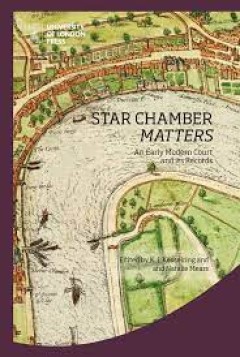
Star Chamber Matters An Early Modern Court and Its Records
An extraordinary court with late medieval roots in the activities of the king’s council, Star Chamber came into its own over the sixteenth and early seventeenth centuries, before being abolished in 1641 by members of parliament for what they deemed egregious abuses of royal power. Before its demise, the court heard a wide range of disputes in cases framed as fraud, libel, riot, and more. In s…
- Edition
- -
- ISBN/ISSN
- 9781912702909
- Collation
- -
- Series Title
- -
- Call Number
- -
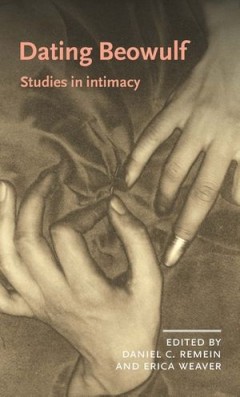
Dating Beowulf : Studies in intimacy
Featuring essays from some of the most prominent voices in early medieval English studies, Dating Beowulf: studies in intimacy playfully redeploys the word ‘dating’, which usually heralds some of the most divisive critical impasses in the field, to provocatively phrase a set of new relationships with an Old English poem. This volume presents an argument for the relevance of the early Middle…
- Edition
- -
- ISBN/ISSN
- 9781526136442
- Collation
- 344 halaman
- Series Title
- Manchester Medieval Literature and Culture
- Call Number
- 800 DAT
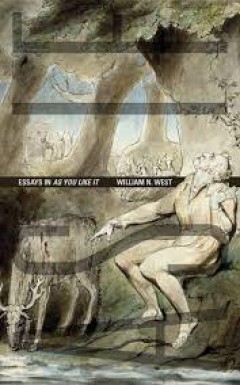
As If : Essays in As You Like It
Shakespeare’s As You Like It is a play without a theme. Instead, it repeatedly poses one question in a variety of forms: What if the world were other than it is? As You Like It is a set of experiments in which its characters conditionally change an aspect of their world and see what comes of it: what if I were not a girl but a man? What if I were not a duke, but someone like Robin Hood? What …
- Edition
- -
- ISBN/ISSN
- 9780615988177
- Collation
- -
- Series Title
- -
- Call Number
- 800 WES a
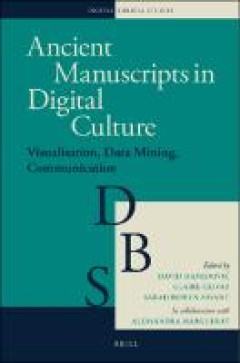
Ancient Manuscripts in Digital Culture: Visualisation, Data Mining, Communica…
Ancient Manuscripts in Digital Culture presents an overview of the digital turn in Ancient Jewish and Christian manuscripts visualisation, data mining and communication. Edited by David Hamidović, Claire Clivaz and Sarah Bowen Savant, it gathers together the contributions of seventeen scholars involved in Biblical, Early Jewish and Christian studies. The volume attests to the spreading of digi…
- Edition
- -
- ISBN/ISSN
- 9789004399297
- Collation
- -
- Series Title
- -
- Call Number
- -
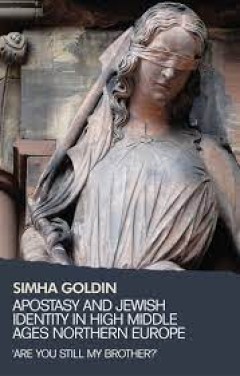
Apostasy and Jewish identity in High Middle Ages Northern Europe 'Are you st…
The attitude of Jews living in the medieval Christian world to Jews who converted to Christianity or to Christians seeking to join the Jewish faith reflects the central traits that make up Jewish self-identification. The Jews saw themselves as a unique group chosen by God, who expected them to play a specific and unique role in the world. This study researches fully for the first time the vario…
- Edition
- -
- ISBN/ISSN
- 9781526129345
- Collation
- -
- Series Title
- -
- Call Number
- -
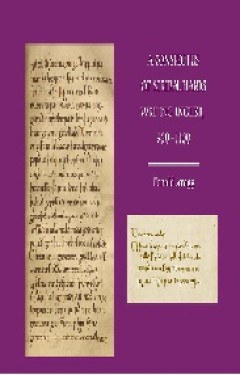
A Conspectus of Scribal Hands Writing English, 960-1100
During the final century of the Anglo-Saxon state, the use of written English reached remarkable heights. Yet, while the make-up and contents of the many books and documents surviving from the periodhave been fully catalogued, less attention has been devoted to those who produced them. This is the first comprehensive annotated list of the scribal hands whose work survives from the time of the B…
- Edition
- -
- ISBN/ISSN
- 9781782047421
- Collation
- -
- Series Title
- -
- Call Number
- -
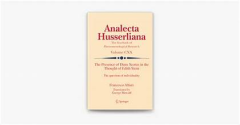
The Presence of Duns Scotus in the Thought of Edith Stein
This book examines the phenomenological anthropology of Edith Stein. It specifically focuses on the question which Stein addressed in her work Finite and Eternal Being: What is the foundational principle that makes the individual unique and unrepeatable within the human species? Traditional analyses of Edith Stein’s writings have tended to frame her views on this issue as being influenced by …
- Edition
- 1
- ISBN/ISSN
- 978-3-319-15663-7
- Collation
- XV, 184, 6 b/w illustrations
- Series Title
- Analecta Husserliana
- Call Number
- -
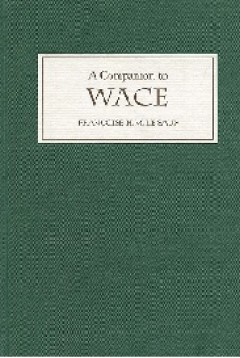
A Companion to Wace
The twelfth-century writer Wace is best known for his two influential works on the history of England (the Roman de Brut) and on the history of the Normans (the Roman de Rou), but despite this he has, until recently, been neglected. This book aims to provide a comprehensive overview of all his surviving works, including his hagiographical pieces, La Vie de sainte Marguerite, la Vie de saint Nic…
- Edition
- -
- ISBN/ISSN
- 9781846153907
- Collation
- -
- Series Title
- -
- Call Number
- -

A Descriptive Catalogue of the McClean Collection of Manuscripts in the Fitzw…
M. R. James (1862–1936) is probably best remembered as a writer of chilling ghost stories, but he was an outstanding scholar of medieval literature and palaeography, who served both as Provost of King's College, Cambridge, and as Director of the Fitzwilliam Museum, and many of his stories reflect his academic background. His descriptive catalogues of manuscripts owned by colleges, cathedrals …
- Edition
- -
- ISBN/ISSN
- 9780511693595
- Collation
- -
- Series Title
- Cambridge Library Collection - History of Printing, Publishing and Libraries
- Call Number
- -
 Computer Science, Information & General Works
Computer Science, Information & General Works  Philosophy & Psychology
Philosophy & Psychology  Religion
Religion  Social Sciences
Social Sciences  Language
Language  Pure Science
Pure Science  Applied Sciences
Applied Sciences  Art & Recreation
Art & Recreation  Literature
Literature  History & Geography
History & Geography